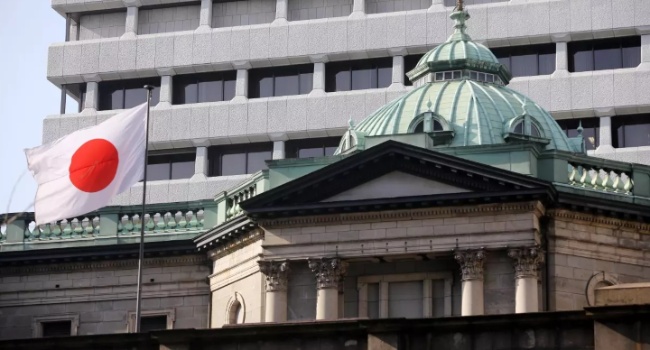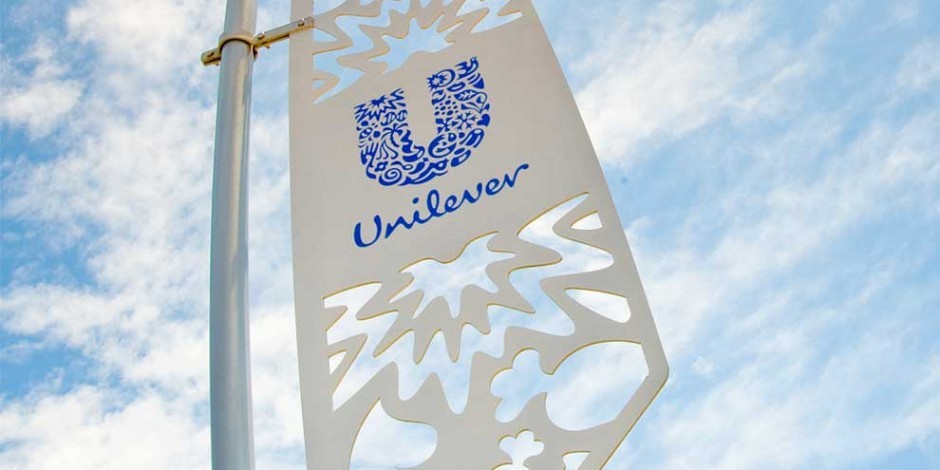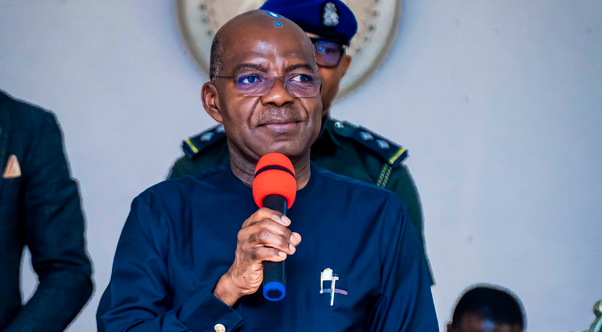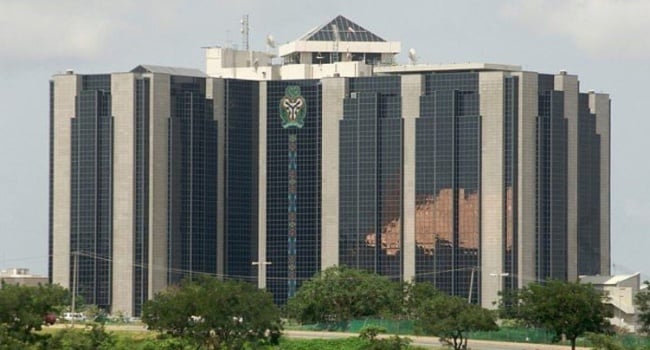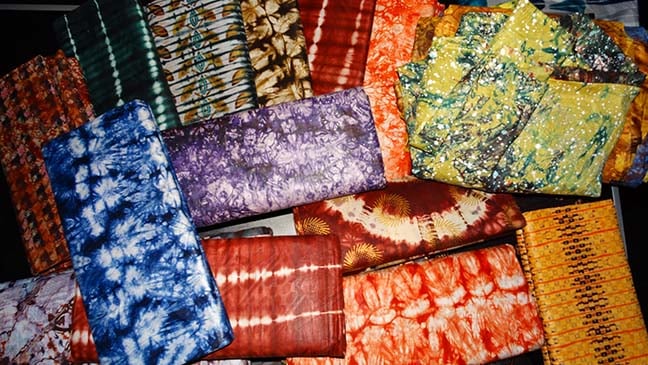Japan’s central bank raised its interest rate from -0.1 percent to a range of zero to 0.1 percent.
This is the first time in 17 years (2007) the cost of borrowing would go up in Japan.
The development followed the drop in Japan’s inflation to 2 percent in January as predicted by the Bank of Japan (BOJ).
In a statement on Tuesday, BOJ said it increased its key interest rate due to a surge in salaries after consumer prices rose.
Advertisement
In 2016, the bank cut the rate below zero in an attempt to stimulate the country’s stagnating economy.
The hike makes the BOJ the last central bank to exit negative rates.
When negative rates are in force, people have to pay to deposit money in a bank.
Advertisement
The BOJ also abandoned a policy known as yield curve control (YCC), which saw it buying Japanese government bonds (JGB) to control interest rates.
Central banks use yield curve control as a monetary policy tool to control interest rates of government bonds.
YCC policy has been in place since 2016 but has been criticised for distorting markets by keeping long-term interest rates from rising.
Bank of Japan said it will continue the purchases of JGB with “broadly the same amount as before”.
Advertisement
“In case of a rapid rise in long-term interest rates, it will make nimble responses by, for example, increasing the amount of JGB purchases and conducting fixed-rate purchase operations of JGBs — both of which can be done so regardless of the monthly schedule of JGB purchases,” BOJ said.
Meanwhile, on February 15, Japan, the third largest economy, unexpectedly slipped into a recession.
According to a report submitted by Japan’s cabinet office, the country’s gross domestic product (GDP) shrunk at an annual pace of 0.4 percent in the fourth quarter (Q4) of 2023.
The report showed households and businesses cut spending for a third straight quarter.
Advertisement
All domestic demand was particularly weak, while external demand, which is captured by exports of goods and services, made a positive contribution.
Also, the Japanese Yen dropped to its lowest level against the United States dollar on February 14 – the first time in more than 33 years.
Advertisement
The Yen tumbled 6.6 percent against the US dollar since the start of 2024.
Advertisement
Add a comment
